How queer folks find each other has evolved with technology: classified print ads gave way to phone chat lines, which led to those infamous AOL chat rooms. And now? The power to hook up rests in the palm of our hands, with apps like Grindr and Scruff having become a (let's be honest, mostly mundane) part of queer sex lives over the last decade.
But even if scrolling the apps has become passive and rote, they still serve an important purpose: they find people you can't see, but yearn for. Before this technology became readily available, that yearning was instead met by cruising: the tactile, IRL art of signaling to another person with a glance or other nonverbal communication that -- right there, right now -- you want to be intimate.
Cruising has long been where queer space and queer sex intersect. With relatively few spaces for queers to meet and interact, queer sex was driven underground -- or, more correctly, into the darkness of public spaces: The Rambles in New York City's Central Park, Los Angeles's Pershing Square, and San Francisco's Baker Beach are all famous examples of cruising grounds that still operate to this day. But the art of cruising was not relegated solely to back alleys and bushes: it could happen at the library, the grocery store, or anywhere queer people might encounter one another in the cishetero wild.
"Cruising in the real world has been happening since the beginning of recorded history," says Eric Silverberg, CEO of the gay dating app Scruff. "It happens today and it will happen far into the future."
But, Silverberg says, as history marches on and queer people become more visible, the relationship between queer people in search of sex and cruising will be wildly different. What is the function of the bushes and the shadows in an era of apps and beyond?
It could very well be that the future of cruising lies in real-life encounters once again. The past decade could, in essence, become a digital anomaly on our way toward another analog renaissance. But this renaissance isn't a reaction only to the digital age -- it's also a reaction to a lack of IRL queer spaces.
Some lament that apps killed the gay bar -- even The New York Times ran a story in 2016 that attempted to draw a connection between the loss of physical queer space and the rise of digital queer spaces. Behind this loss, as the Times also acknowledged, were complex processes like gentrification and the reconfiguring of the "gayborhood." But now that so many queer spaces have been lost and replaced by digital ones, the need for communality has returned. "Do queer people still need to come together as much as we once did? The answer is unquestionably yes," Silverberg says.
This loss of physical locations, which ostensibly happened while we were glued to our screens seeking out other queer people, has led to a rebirth of community-wide IRL connection. There are now places that allow queer people to interact in several ways beyond just bars. At Cuties, an LGBTQ+ coffee shop in Los Angeles, a code of conduct printed on the shop's glass front says that respectful cruising is encouraged as you enjoy your latte.
Bradford Nordeen launched the queer film series Dirty Looks in January 2011 in New York City, and has since brought the series to Los Angeles. Aside from screening experimental queer films, Nordeen has also provided queers a space to congregate, which he said has become just as integral to his get-together as the films themselves.
"So many people came up to me and said how thankful they were that this series returned queer sociality to the summer in Los Angeles," Nordeen says. "They were feeling alienated from the community and this created a space." And while many of Nordeen's events are only mildly cruise-y, some have had unscheduled sexual elements. As part of Dirty Looks, Nordeen and Clara Lopez Menendez launched Sesion Continua, a 24-hour porn theater that plays vintage and experimental pornography. Nordeen says that the event started out buttoned up, but that over the years it has gotten more sexual.
"The last one in Los Angeles, it was like, 'Oh, I just made a sex party, that's cool!'" Nordeen says. "And that's not shocking, but also it's like, 'Watch what's on the screen while you're doing this, y'all! There's something curated on the screen.'" Nordeen's event shows that, even in queer spaces that may or may not be overtly sexual, queer sexuality can be celebrated and embraced. And, Silverberg says, physical queer spaces often thrive because they are a place where queer people can feel sexual, and connect with each other, without feeling shame.
"You cannot have culture without some element of sexuality," Silverberg says. Besides, he adds, any city with cultural weight also has an easily accessible sexual culture. "Without a red-light district, you don't have culture," he says. "You have some simulacrum of it."
A future that includes a return to queer cruising in new LGBTQ+ spaces will also require an intergenerational conversation among our elders, who knew what it meant to find other queer people when advanced technology was not widely available. The current generation, who has grown up in a different political and social milieu, will be exploring this territory for the very first time. Given that most ideas of cruising are dark alleys or late-night public parks, it's almost ironic to say that the future of cruising is bright -- but that's the truth. With more physical queer interaction than ever before, the desire to connect could translate to an actual connection with greater ease than we've ever known.
This is one of our 50 Radical Ideas, featured in Out's June/July 2019 issue celebrating Stonewall 50. The three covers feature the enduring legacy of activist Sylvia Rivera, the complicated candidacy of presidential candidate Pete Buttigieg, and the triumphant star power of actress Mj Rodriguez. To read more, grab your own copy of the issue on Kindle, Nook, Zinio or (newly) Apple News+ today. Preview more of the issue here and click here to subscribe.


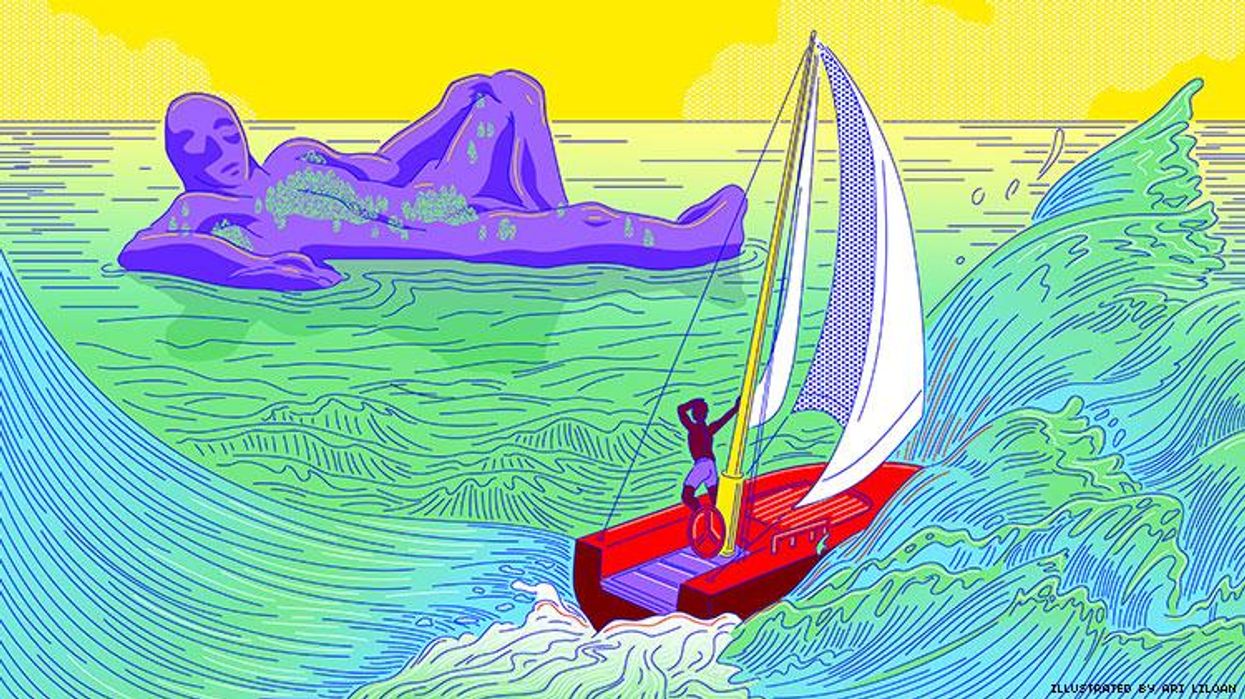
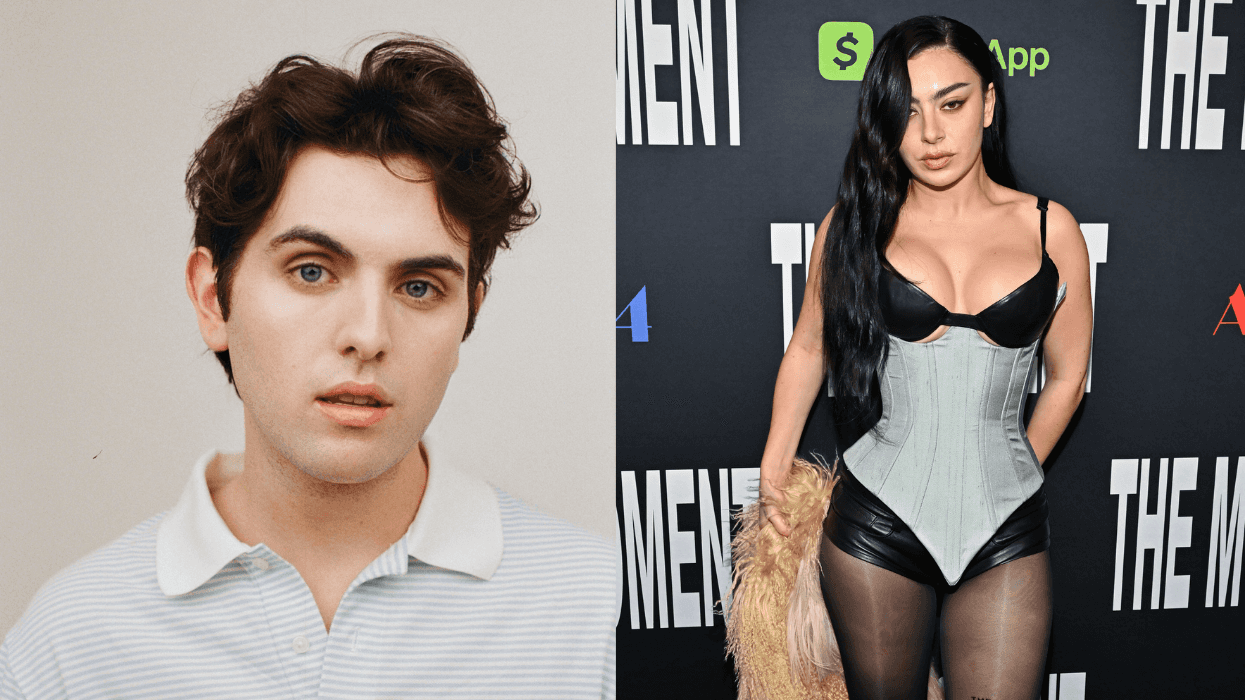
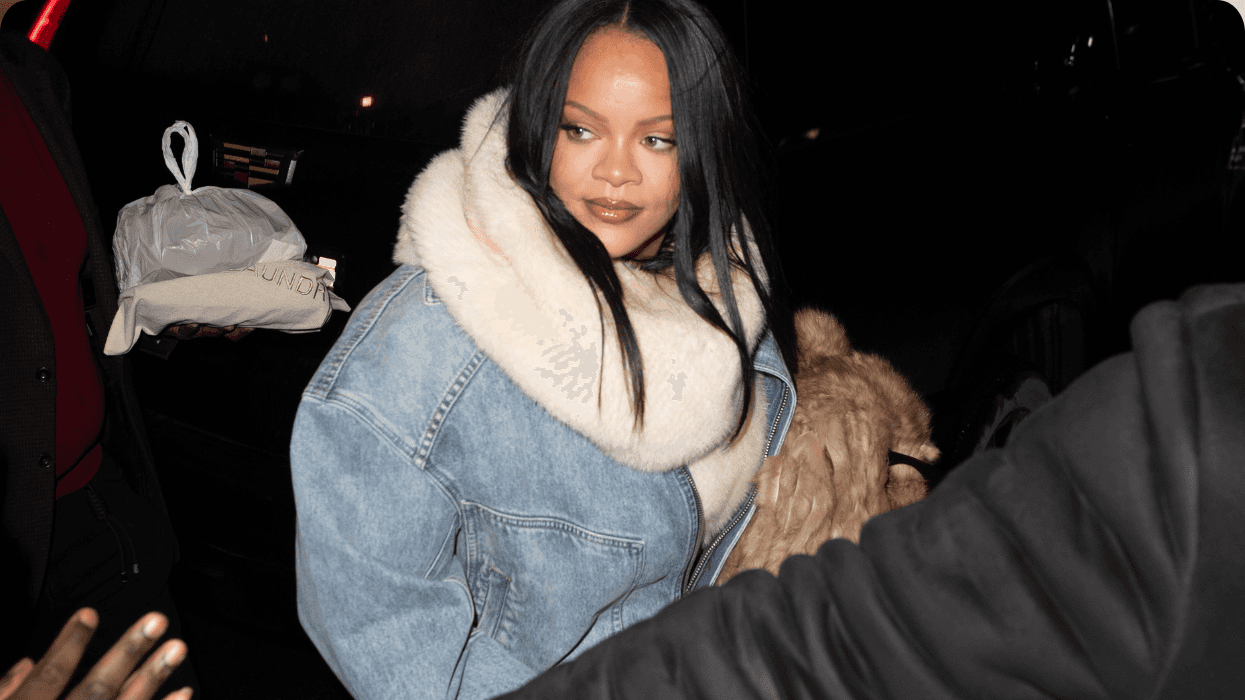
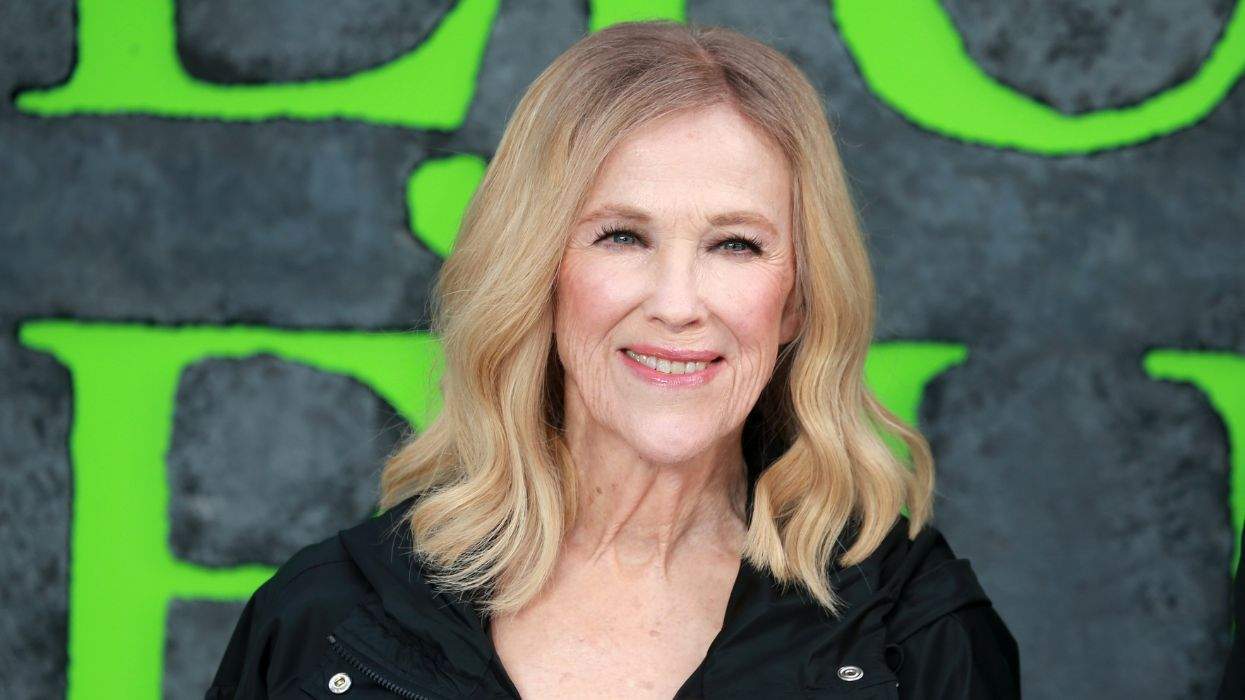
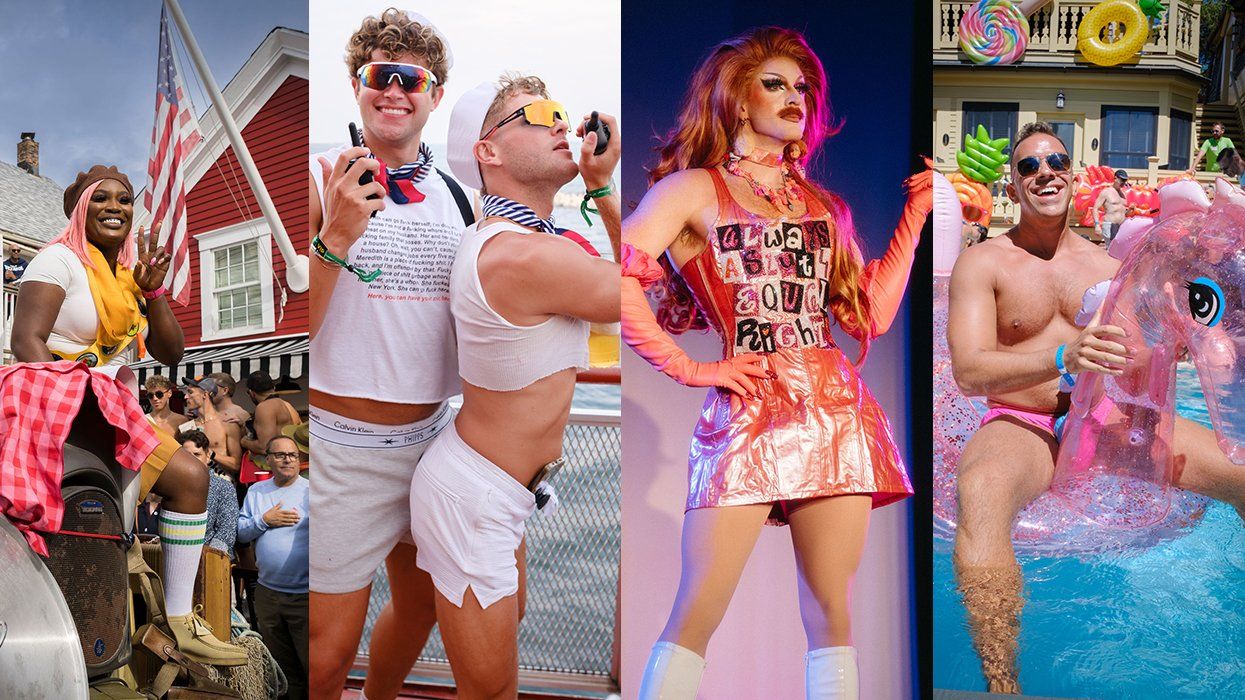
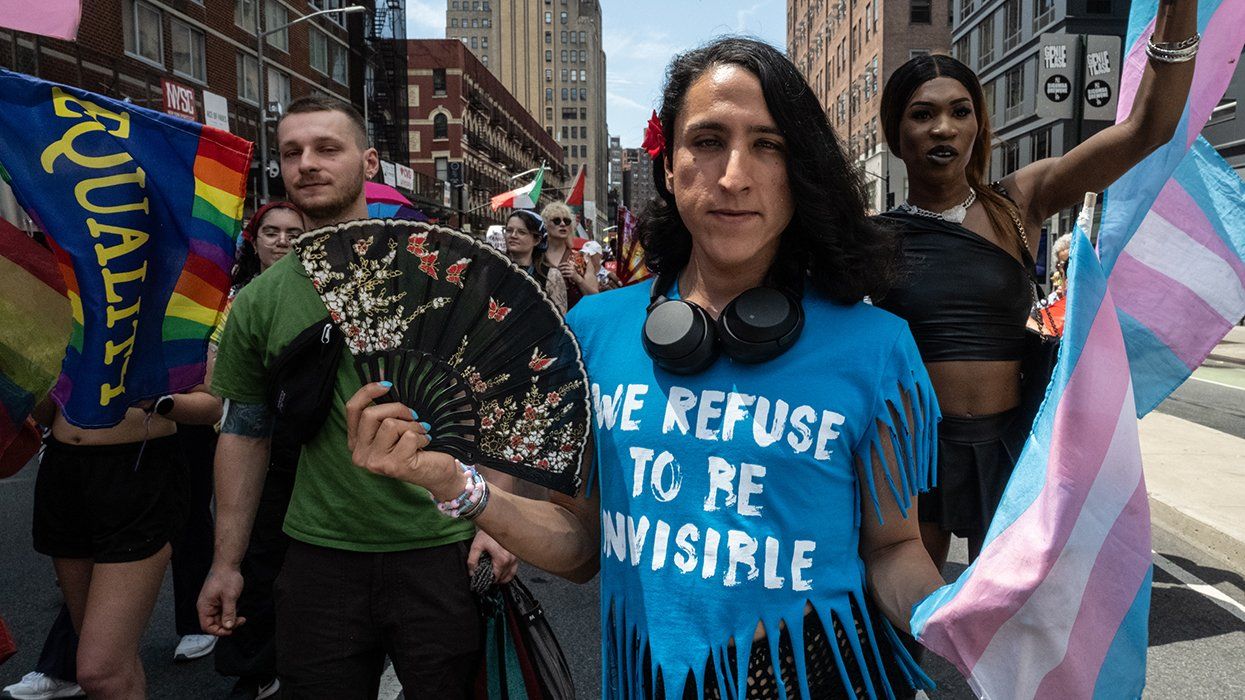
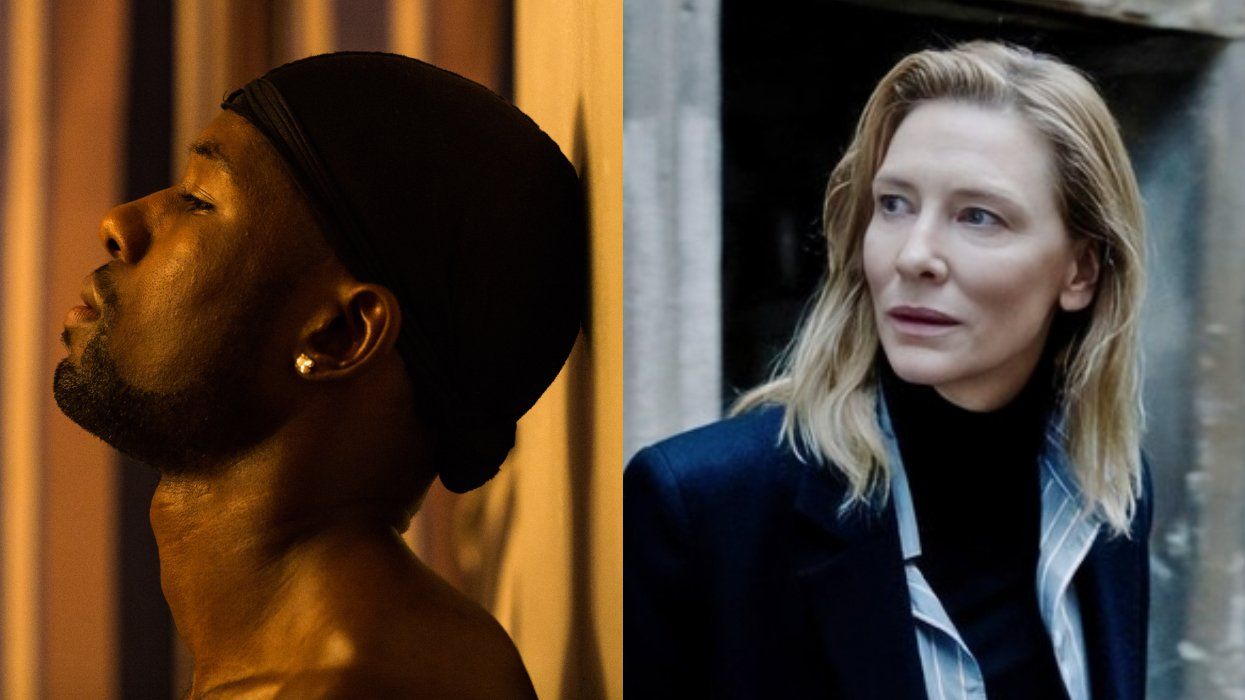
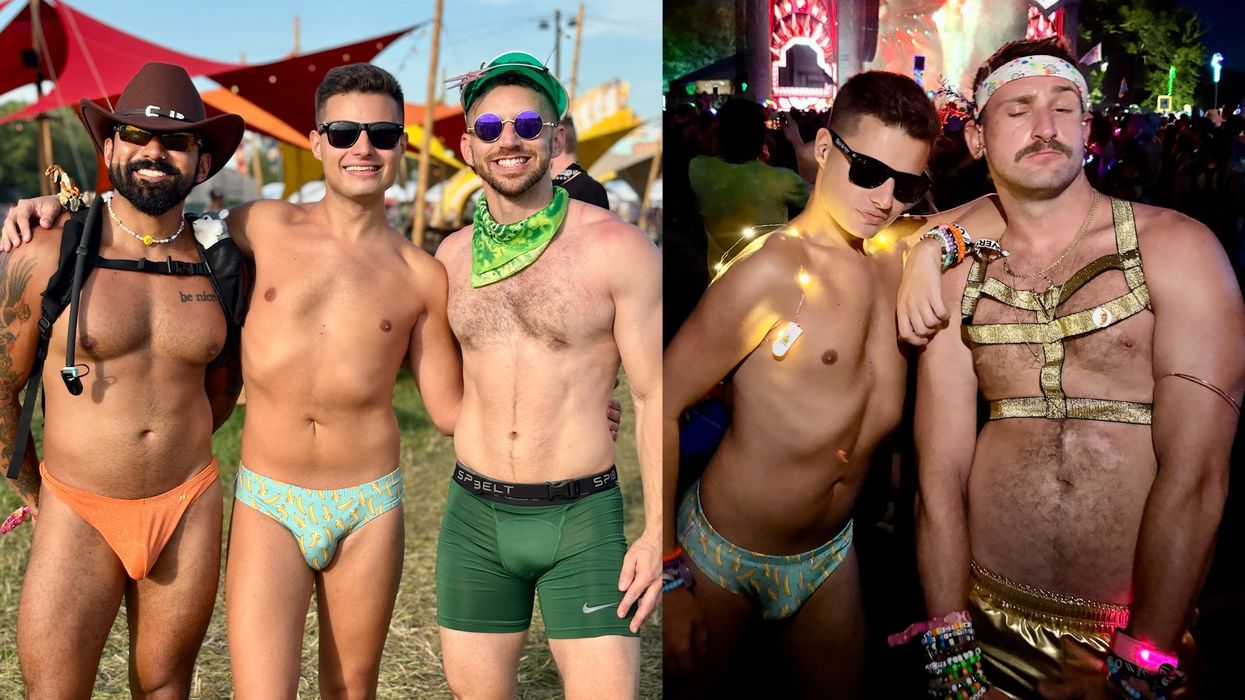




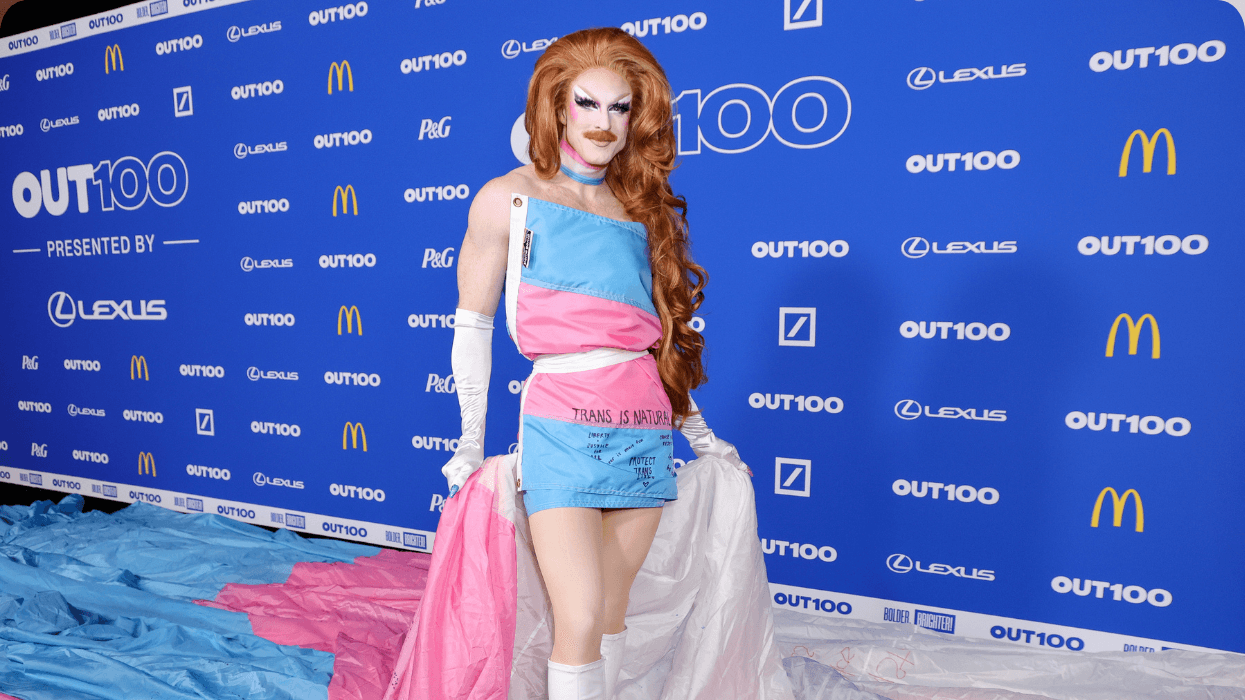
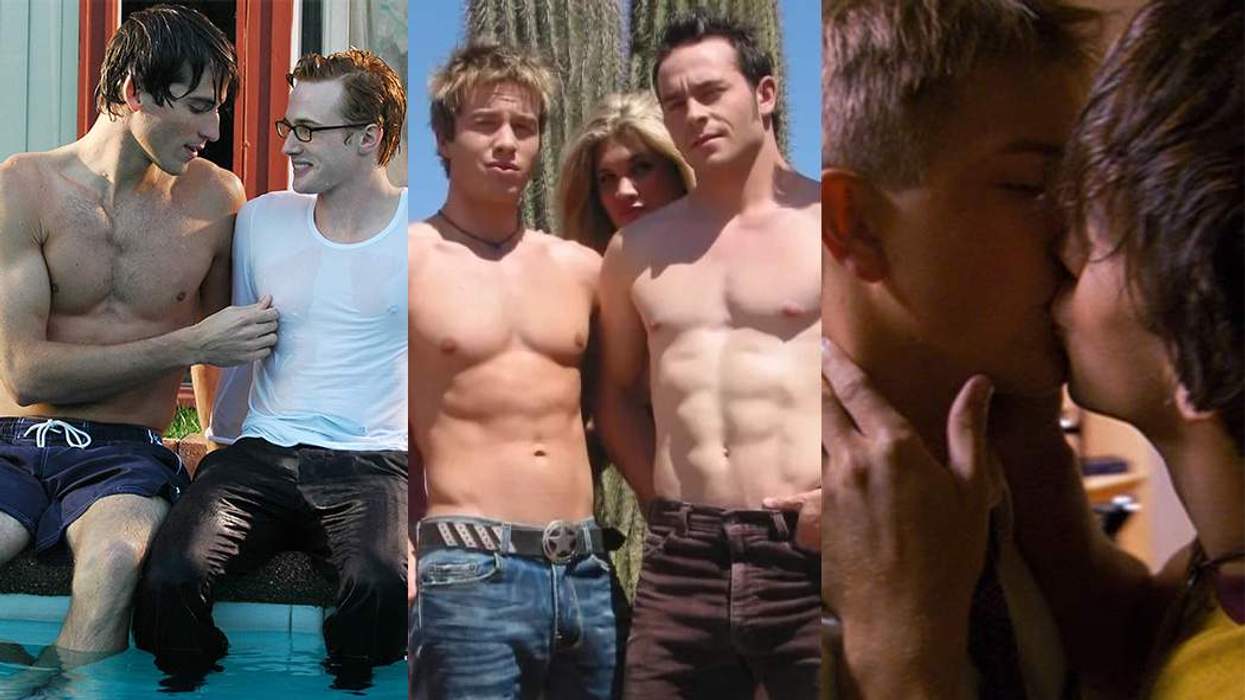

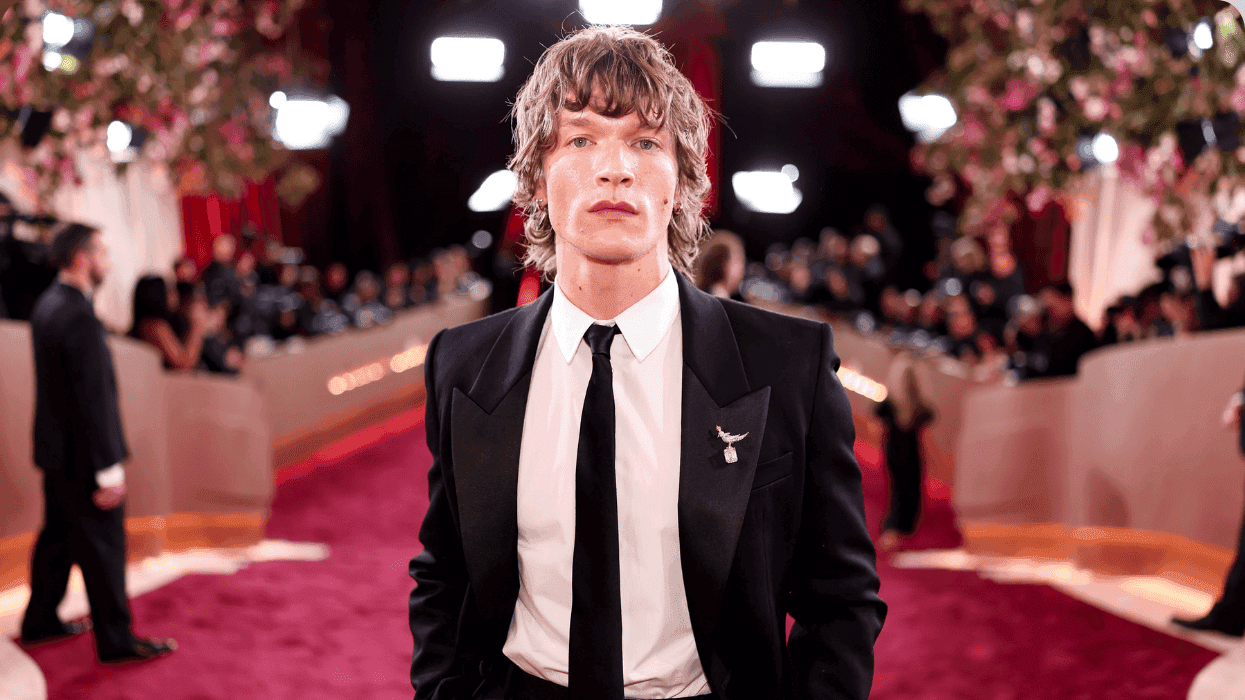

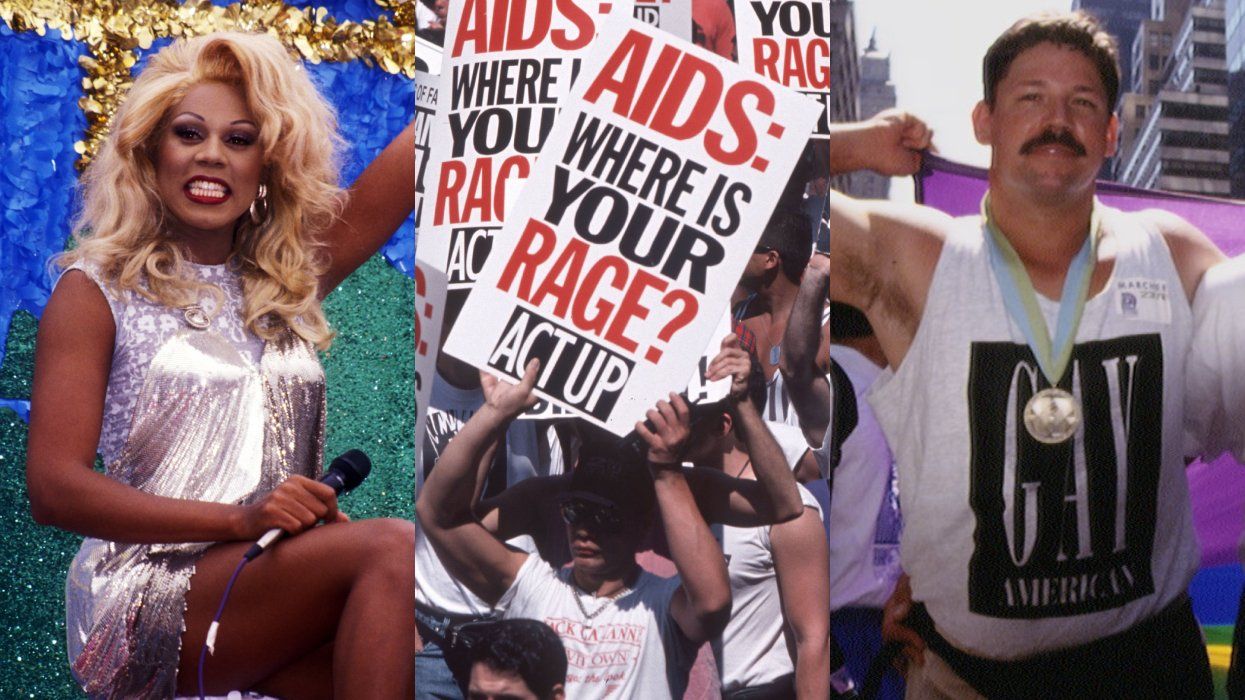
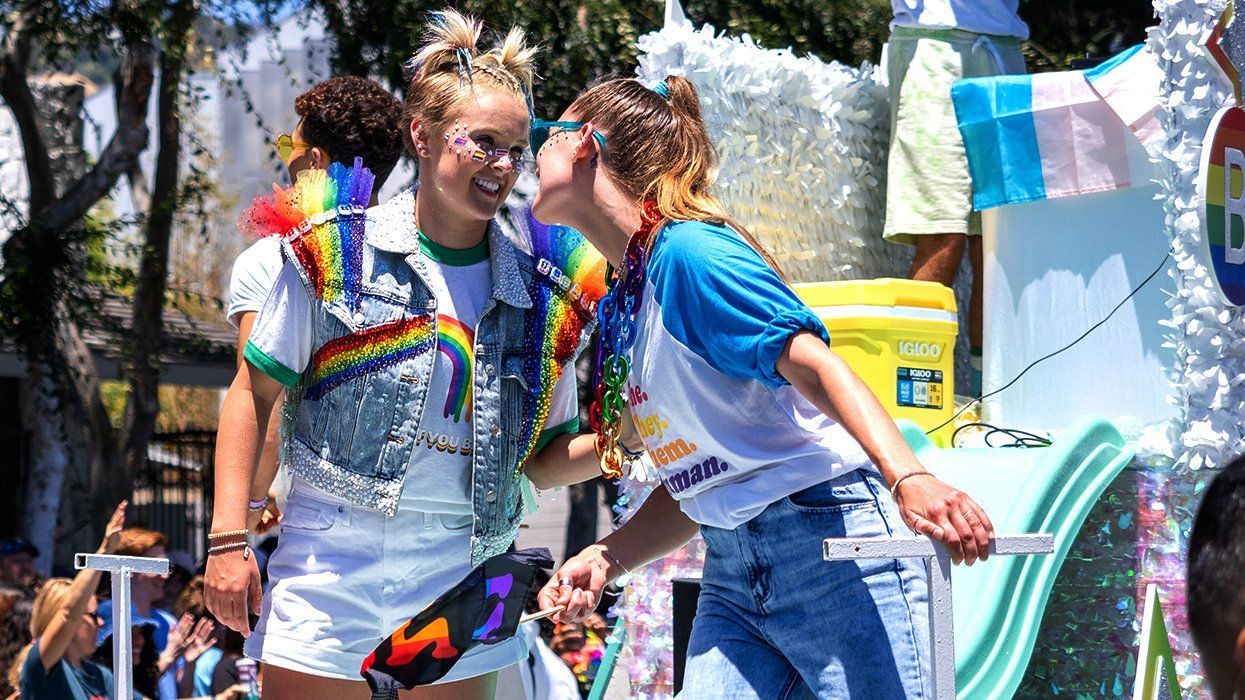

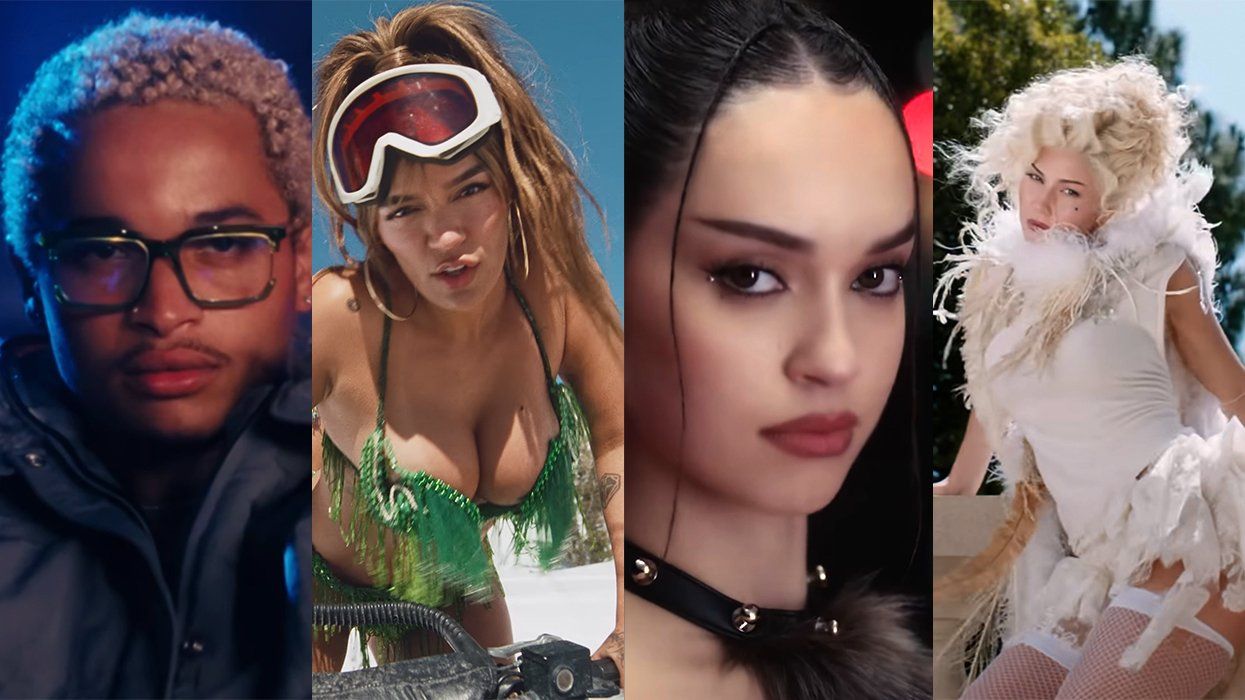
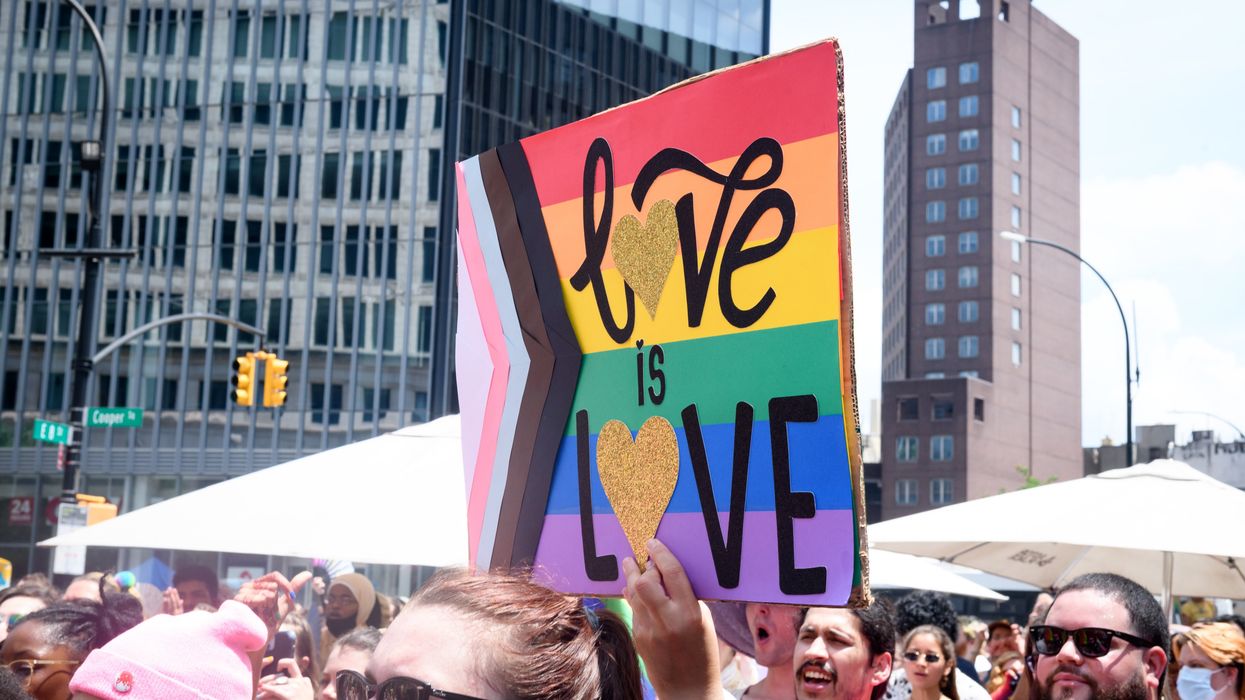


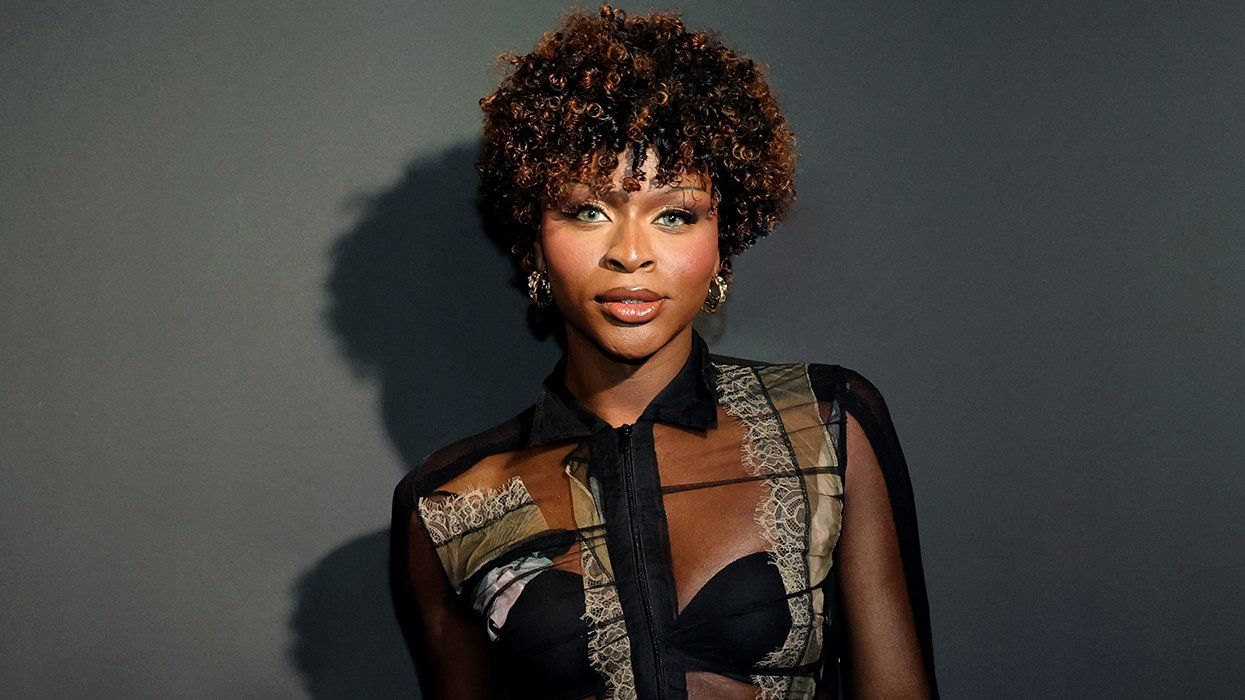
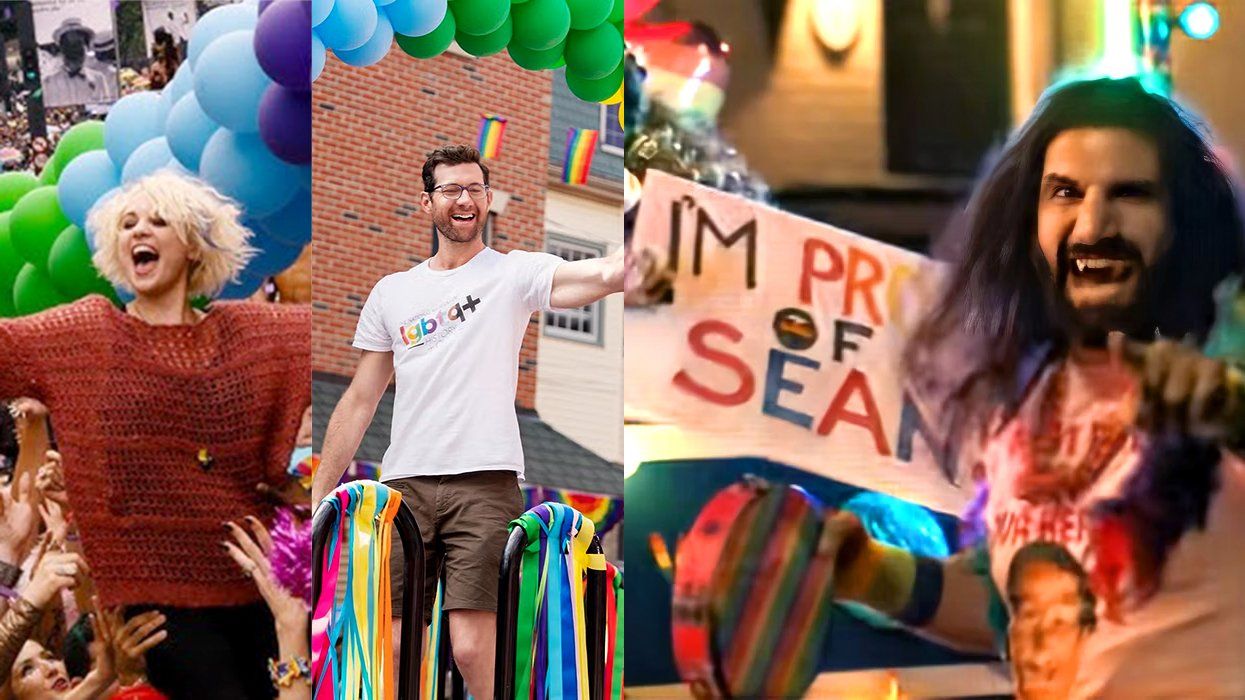

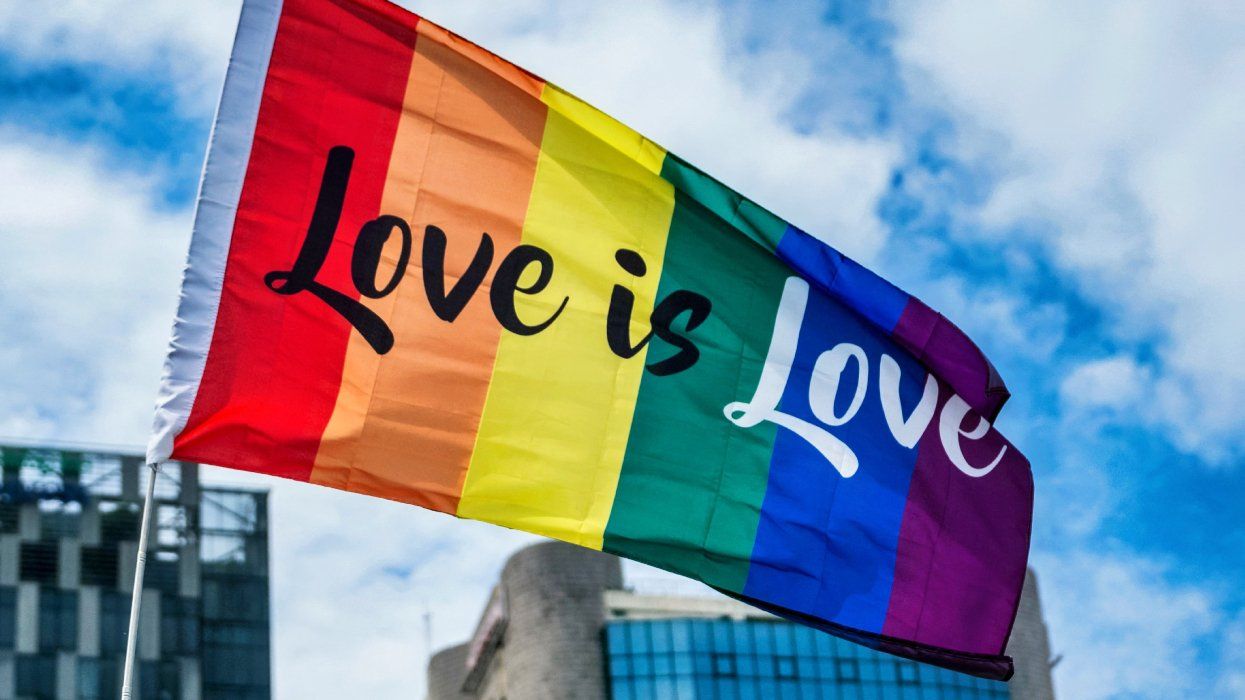
The racist, homophobic, and frightening arrest of Don Lemon
Opinion: It’s not a coincidence or an accident that Lemon, and other Black journalists were targeted by the Trump Justice Department, writes John Casey.